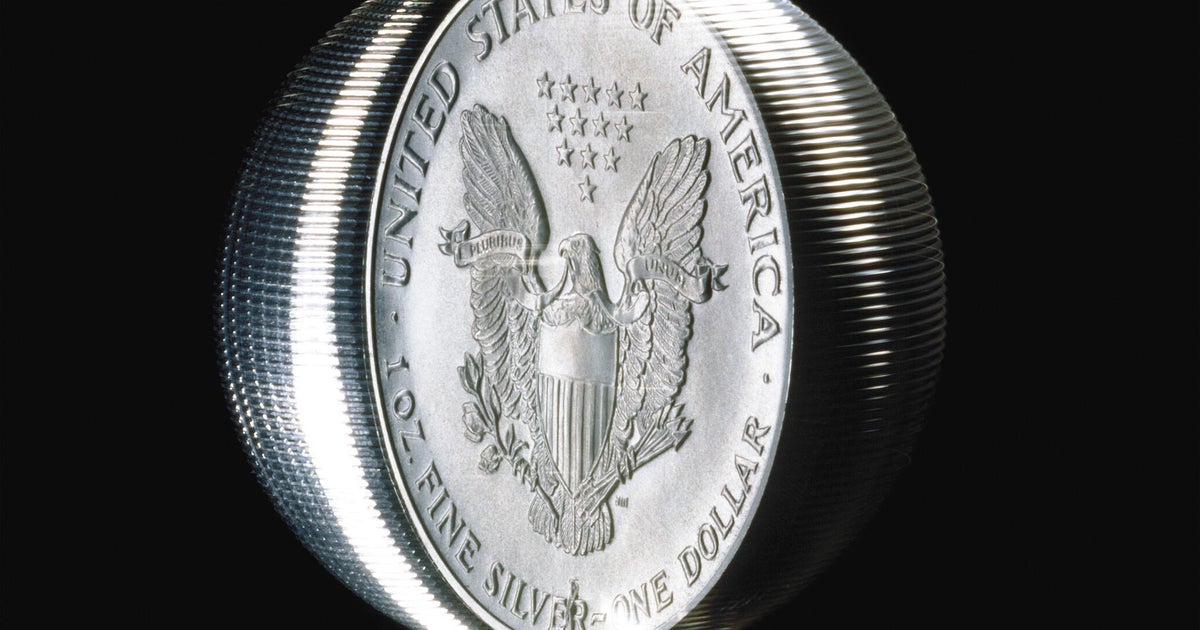Gold IRA contribution limits for 2023: What investors should know now
Investing in a gold IRA can be a smart move for those looking to diversify their portfolios, safeguard their retirement savings and enjoy some attractive tax benefits. However, to get the most from a gold IRA, it's important to understand the rules and regulations you must follow.
Like standard IRAs, gold IRAs have contribution limits that govern how much money you can add to the account each year. If you contribute more than this amount, you'll pay a penalty of 6% of the overage each year the money remains in your account.
Learn more about gold IRAs with a free information kit.
Gold IRA contribution limits for 2023: What investors should know now
Gold IRA contribution limits depend on the type of gold IRA you own. For 2023, you may contribute up to $6,500 to traditional and Roth IRAs if you're under age 50. This limit is not per account; it's aggregate. In other words, if you own both types of account, your combined contributions to both cannot exceed $6,500 for the year.
If you're 50 or older, you may make an additional "catch-up" contribution of $1,000, bringing your annual limit to $7,500.
For SEP gold IRAs, you may contribute up to 25% of your self-employed income or $66,000 (whichever is greater).
Other requirements to be aware of
Contribution limits aren't the only rule you must follow when it comes to your gold IRA. You must also comply with:
Income eligibility
Traditional gold IRAs have no income limits. Anyone with earned income may contribute.
Roth gold IRAs are only available to investors with an annual income under $153,000 (for individual filers) or $228,000 (for married couples filing jointly).
SEP IRAs are available to small-business owners and self-employed individuals such as freelancers and entrepreneurs. You must have earned at least $750 from your business or self-employment in 2022 to qualify.
Early withdrawal rules
You may begin withdrawing money from a traditional or SEP gold IRA when you are 59 ½. If you withdraw funds before then, you'll pay taxes on the money withdrawn and face a 10% penalty.
Roth gold IRAs allow you to withdraw money at any time, tax- and penalty-free.
Get your free investors kit now to find out how a gold IRA could fit into your retirement plan.
Required minimum distributions (RMDs)
For traditional and SEP gold IRAs, you must begin taking distributions of a specified amount at age 73. If you fail to do so, you could face up to a 50% penalty on the amount you should have withdrawn.
Roth gold IRAs do not have required minimum distributions.
Custodian standards
You must have a custodian for any gold IRA. This is a financial institution or company that stores your physical gold, oversees your account and ensures it meets all applicable rules and regulations. This custodian must be approved by the IRS.
Physical gold standards
Any physical gold you hold in your IRA must meet certain IRS standards, such as being produced by an approved mint and meeting purity specifications. Your custodian can help you make sure any gold you purchase is IRS-eligible.
The bottom line
Investing in a gold IRA can help you grow your retirement savings and reduce your overall tax burden. However, it's essential to understand the contribution limits and rules you must follow to make the most of your account. By choosing a reputable custodian and staying up to date with tax rules, you can maximize your earnings and avoid any penalties that might eat into your savings.




